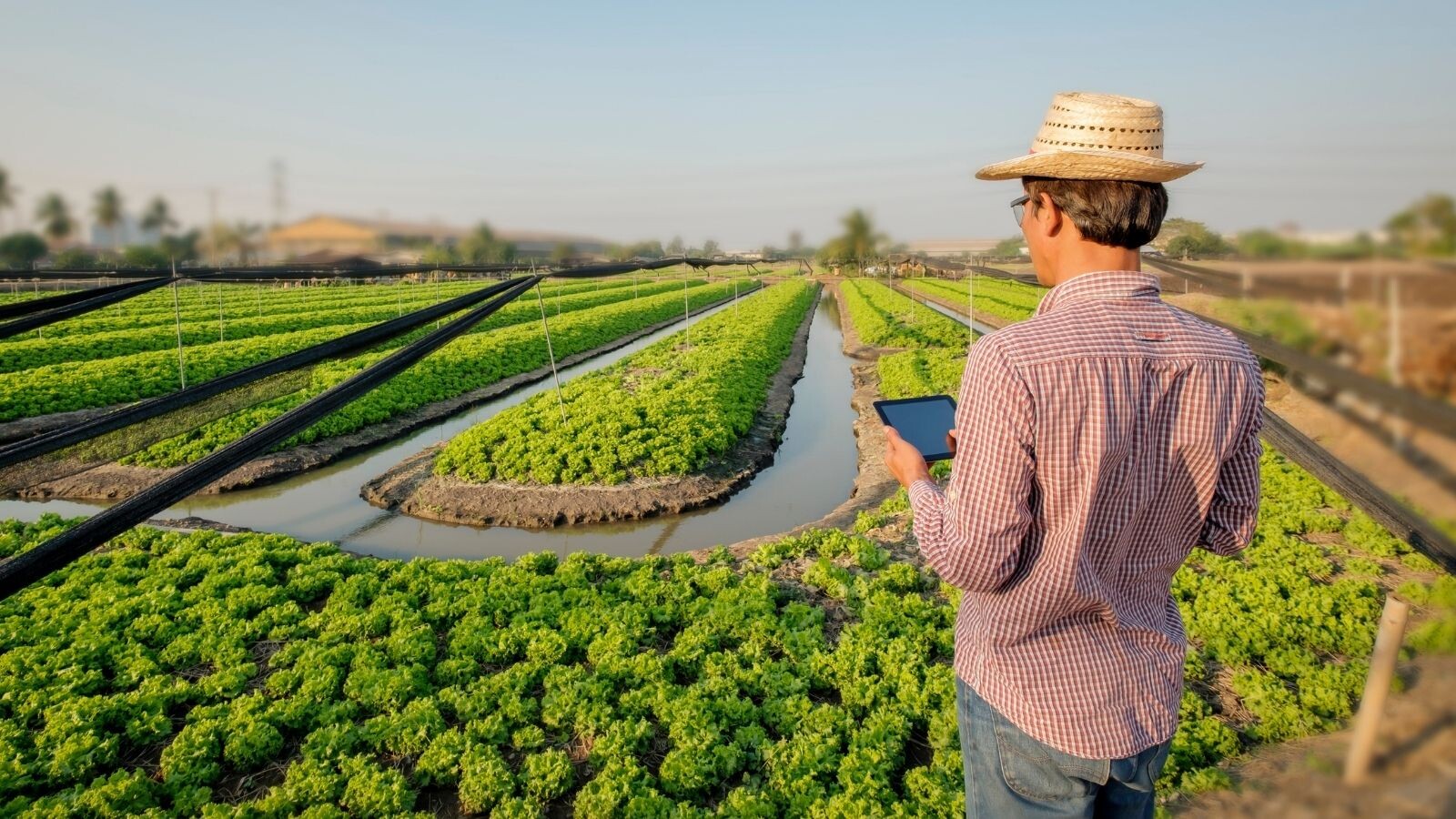
In a world where sustainability and environmental consciousness are becoming increasingly important, organic gardening offers a natural and eco-friendly approach to growing plants. Embracing organic gardening allows you to nurture a vibrant garden while minimizing chemical usage and promoting a healthier ecosystem. In this blog post, we will explore the joys and benefits of growing organically. From cultivating nutrient-rich soil to implementing natural pest control methods, this comprehensive guide will empower you to embark on your organic gardening journey and create a flourishing garden that is in harmony with nature.
Understanding Organic Gardening: Organic gardening involves growing plants without the use of synthetic fertilizers, pesticides, or genetically modified organisms (GMOs). Instead, it focuses on nurturing the soil's health, encouraging beneficial organisms, and practicing sustainable gardening techniques. By adopting organic gardening principles, you can create a natural and sustainable environment that supports plant growth and biodiversity.
Building Healthy Soil: The foundation of successful organic gardening lies in cultivating healthy soil. Start by enriching your soil with organic matter such as compost, leaf mold, or well-rotted manure. This enhances the soil structure, improves moisture retention, and provides essential nutrients for your plants. Regularly replenishing the organic matter helps maintain soil fertility and promotes a thriving ecosystem of beneficial microbes and organisms.
Natural Pest Control: Organic gardening emphasizes natural pest control methods instead of relying on chemical pesticides. Encourage biodiversity in your garden by planting a variety of flowers and herbs that attract beneficial insects, such as ladybugs, lacewings, and bees, which prey on garden pests. Use physical barriers, like row covers or netting, to protect your plants from larger pests. Additionally, practicing good garden hygiene, such as removing diseased plants or weeds, can help prevent pest infestations.
Companion Planting: Companion planting is an organic gardening technique that involves growing certain plants together to enhance their growth and protect them from pests. Some plants have natural repellent properties or attract beneficial insects, while others provide shade or act as a trap crop. Research companion planting combinations suitable for your region and incorporate them into your garden layout to maximize plant health and yield.
Water Conservation and Sustainable Practices: Conserving water and implementing sustainable practices are integral to organic gardening. Use mulch to retain soil moisture and suppress weed growth. Collect rainwater in barrels or use drip irrigation systems to minimize water waste. Implement crop rotation to prevent soil depletion and control pest and disease issues. Incorporate organic and natural fertilizers, such as compost tea or fish emulsion, to replenish nutrients in a sustainable manner.
